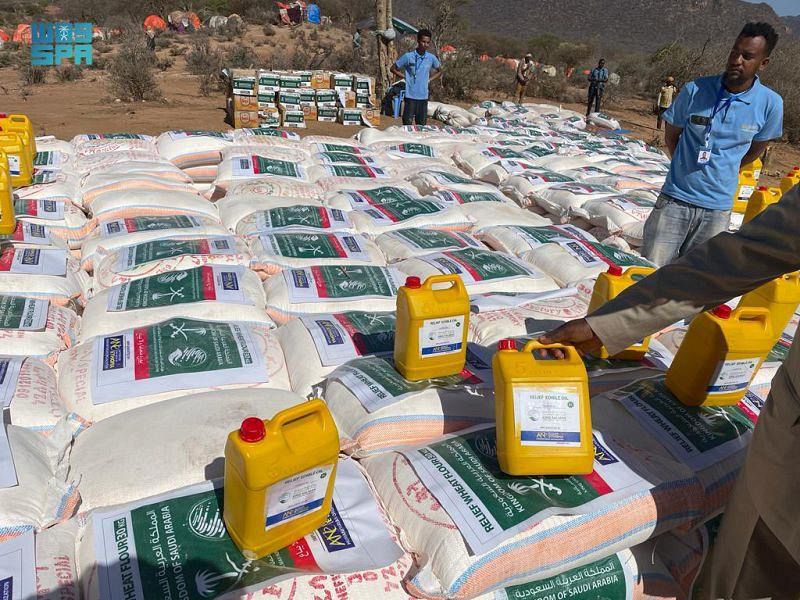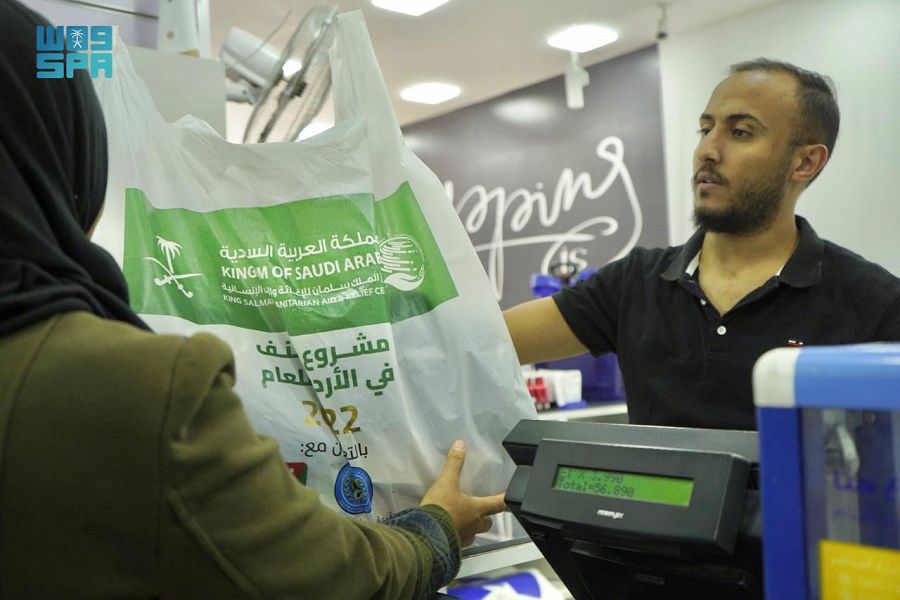
On an abandoned sidewalk in Baghdad, under strict government curfew to contain the novel coronavirus, a handful of volunteers with masks and gloves make food packages for needy families.
"What were doing is a humanitarian duty towards society, and anyone who can afford it should do the same," said Abu Hashim, an Iraqi businessman in his fifties packing non-perishable goods outside a lonely storefront in the Iraqi capitals east.
Sensing that relying on authorities would be unwise, young activists, community figures and local religious leaders have come together to try to support those with no income.
Using donations to buy essentials, like lentils, beans, rice and sugar, they pack supplies in plastic bags, talk their way through checkpoints and distribute them across the city.
"One woman walked halfway across the city to ask for help at another mosque so no one from her own neighborhood would recognize her," Mustafa Issa, a 31-year-old man, told Agence France Presse.
One government official said almost half the population could be food-poor by May, adding that authorities were studying options for subsidies.
The country imports most of its staples, including rice, meat and wheat. Officials say Iraqs $60 billion in reserves would cover more than a year of food imports, but already prime minister-designate Adnan Zurfi on Saturday expressed concern that the government might have to cut public-sector wages.
Issa was not taking any chances.
"We dont know when this crisis will end. It could go on until July. Some of us are storing goods for later," he said.
"This is more dangerous than ISIS," he added.
Iraq, which relies on oil revenues for more than 90 percent of its state budget, is also facing the lowest crude prices in more than a decade and a paralyzed political class unable to reach consensus over a new cabinet.
Some Iraqis are taking public health into their own hands.
Asaad al-Saadi, 40, has turned his Baghdad home into a makeshift workshop, producing face masks to help prevent the transmission of COVID-19.
"I saw the pandemic was spreading quickly and the simplest ways to fight it werent available," Saadi said.
He bought two sewing machines and now produces around 1,000 masks per day. They are distributed in packs of 10 to needy families.
Saadi is also considering making other kinds of protective gear for under-equipped health workers.
Such grassroots efforts have swept through the provincial capitals of the south, down to the city of Basra.
Free food, money discretely slipped to desperate Iraqis, landlords suspending rent payments -- initiatives all independent of government or political directives.
Mohammad Jabboury, a farm owner in Iraqs west organizing food distributions and urging landlords to lower rents, expressed a sense of obligation towards those less fortunate.
"Its our duty to help those in need until God saves us from this pandemic," he said.











